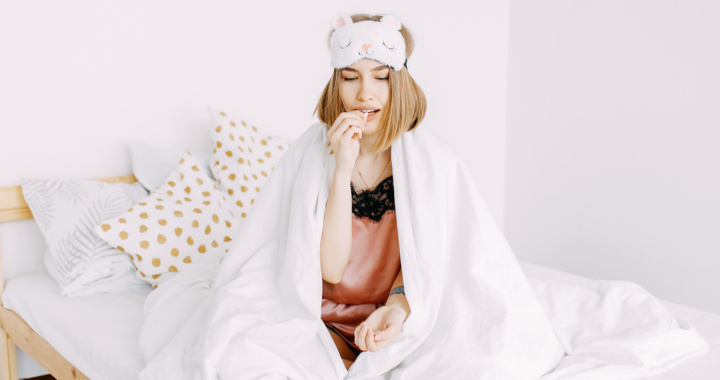When patients ask me this question, I remind them that first and foremost, I am not a medical doctor and as a result, I don’t provide specific medical advice. For questions about specific medications & side effects, I encourage you to seek guidance from your MD/DO or the medical provider who prescribed the medication. The other aspect about this question is that anxiety medications and depression medications can be two different types of medications, so talking to your doctor or psychiatrist is very important on this one! Some classes of anxiety medications can become habit forming from both a psychological and physical standpoint, and discussing the benefits and side effects with your provider is very important in gaining the necessary information.
Having said that, I can share some general guidelines and understanding about medication and therapy and how they work together. Overall, the obvious answer to the question of which medication is the best for someone, will naturally be, “the medication that works the best for you!” Now, the reason this is a difficult answer to arrive at is because there are various types of anxiety and depression medications and they each work in a slightly different manner. That is both the ‘good’ news and the frustration, because some medications might work really well for one person but not quite as well for another and many medications take time in order for them to begin their effectiveness. For this reason, it’s likely that that your provider will recommend you engage in a trial period (a few days to weeks) in order to determine if the medications are effective for you. Perhaps the side effects are too intense, or too undesirable, or they may take too long to subside, and these factors can be challenging when you are dealing with high levels of anxiety and depression. Each person’s body responds differently and therefore each medication or combination of medications will be received and responded to differently as well. There’s no ‘fixed’ answer or ‘one-size-fits-all’ when it comes to psychiatric medications.
Current research suggests that medication combined with talk therapy provides the best prognosis for treating both anxiety disorders and depression, more so than either medication or talk therapy alone. In my collaboration with psychiatrists, I have learned that medication assists the patient by influencing mood and thought processes to stabilize mood enough that patients are able to learn new coping skills and create new, flexible thinking patterns. This is also what we refer to as ‘neuroplasticity’ within the brain. This empowers patients with the ability to develop a greater range of thinking skills and/or distress tolerance skills. These types of thinking and coping skills are valuable tools in response to challenges when anxiety-provoking situations arise and to manage depression symptoms. Together, medications and therapy provide a solid framework for developing long-term recovery skills and solutions.
🏚️ Valenta Mental Health
9479 Haven Avenue
Rancho Cucamonga, California 91730
📞 Eating Disorders: 909-771-8023
📞 Depression/Anxiety: 909-719-7979
–
🗺️ Serving Inland Empire · San Bernardino · Riverside and throughout the State of California
https://www.ncbi.nlm.nih.gov/pmc/articles/PMC7464866/
Exp Ther Med. 2020 Oct; 20(4): 3513–3516.
Published online 2020 Jul 14. doi: 10.3892/etm.2020.9014
PMCID: PMC7464866
PMID: 32904947
CBT and medication in depression (Review)
Cristian Vasile
Author information Article notes Copyright and License information Disclaimer

